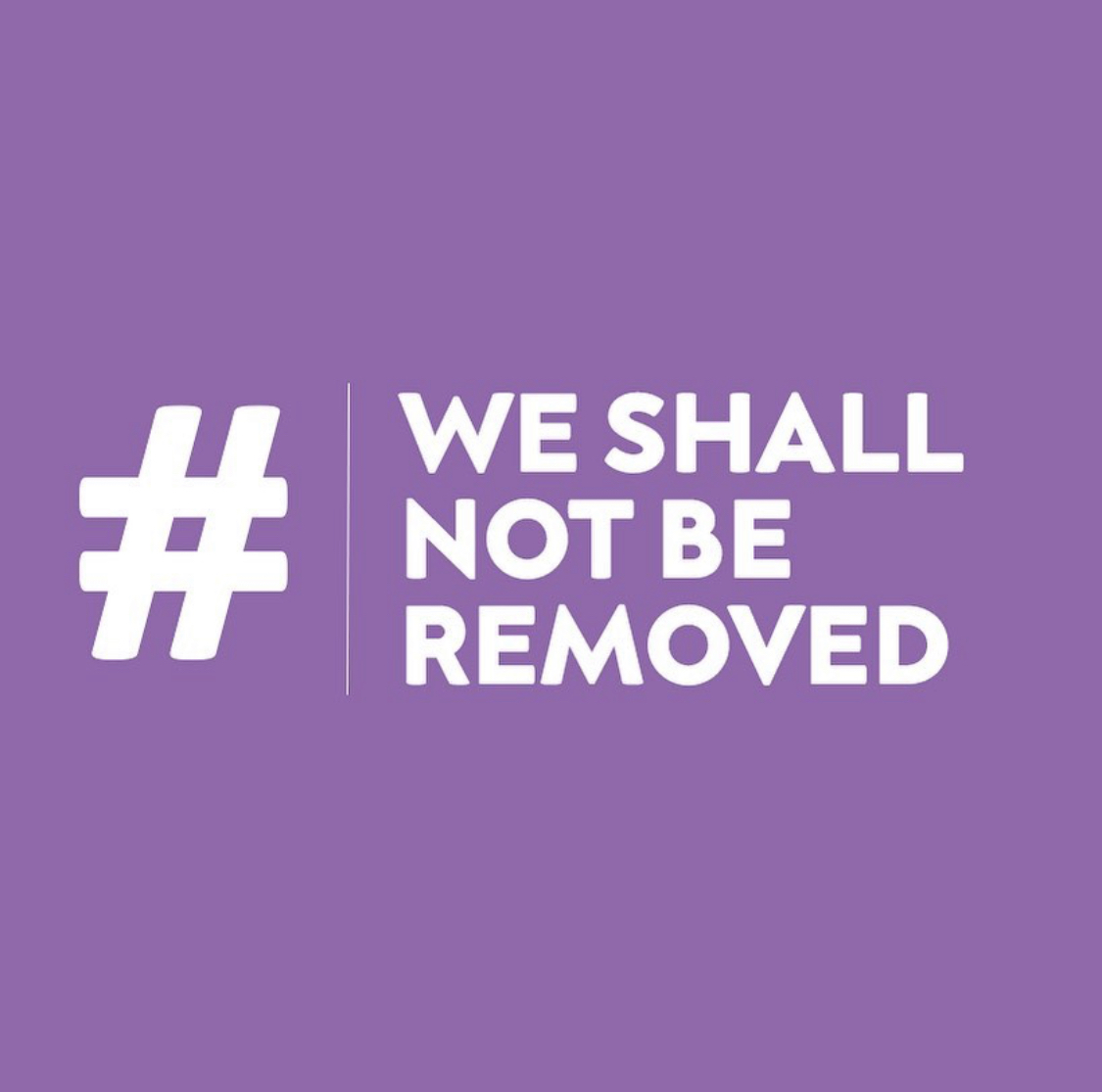This is a copy of a Twitter thread that I posted yesterday which is going to bit of traction.
Of course, the problem with the social media is that none of us own the space, so in the interest of taking ownership of my stuff, here it is. Please consider sharing this; I’d really like it to escape the echo chamber of disabled people agreeing with me. We need people who don’t understand to get on board. We desperately need new allies x
Hypothesis/thread:
The lack of acknowledgement of Disability as a Diversity issue in society stems, in some part I believe, due to a lack of understanding of the Social Model of Disability.
People will often say “I don’t think of you as disabled” – that I’m a “normal” person who just has something “wrong” with me. Being disabled is seen exclusively as a medical issue, not a social one. Something that, on a long enough timeline, can be fixed.
I *still* get comments like “why don’t you go to the doctors?” “Haven’t they fixed that yet?” as if disability will at some point go away
This is part of a wider problem: most people don’t know what disability is.
The Social Model is a really useful tool to articulate to non-disabled people especially what disability is.
I was raised within the Medical Model of Disability ie – Disability is something “wrong” with me that needs to be “fixed”
The Social Model points the issue outwards: I have a neurological condition yes, but I’m disabled by a society that doesn’t accommodate that. I’m not “broken” – society is.
Being spat at. Called a “spakka” by complete strangers. Being stranded on planes/trains. Strangers decided to take charge and move me out of the way. All while being told “I don’t think of you as disabled.” These aren’t my problems; they’re yours.
Society upholds the framework that disables me. Like many, I’m Disabled. With a capital D. It’s a social/political identity. I’m oppressed by society, and I have to stand up to that. This isn’t just a health issue.
Understanding the Social Model (the Disabled person is disabled by society, not their diagnosis) is a first BIG step to creating a more inclusive society. Disability is a vital component in the conversation about Diversity, but is rarely acknowledged.
The Social Model isn’t perfect: there are aspects of some people’s lives for whom it doesn’t resonate (chronic pain will always be present, regardless of access barriers) but it’s the best we have *so far*
Disabled people aren’t just “normal” people who have something “wrong” with them. We’re a vital and inevitable part of a diverse society, and deserve to be recognised as something other than “broken”
“Ablesplaining” is an almost daily occurrence for me on social media and IRL. Listen to Disabled people. Don’t try to “correct” their position on ableism. You don’t get to decide. Apply the Social Model to everything you think you know about Disabled people.
Besides selling music, trying to chip away at Disability discrimination is about the only useful thing I can see for my social media presence.
And I get criticised a lot for pointing out inequality. This is an inconvenient truth for a society that doesn’t want to see it’s inherent ableism. Again; don’t frame this solely as a medical issue. It’s an identity issue.
Thanks for reading. I hope you can become an ally x

